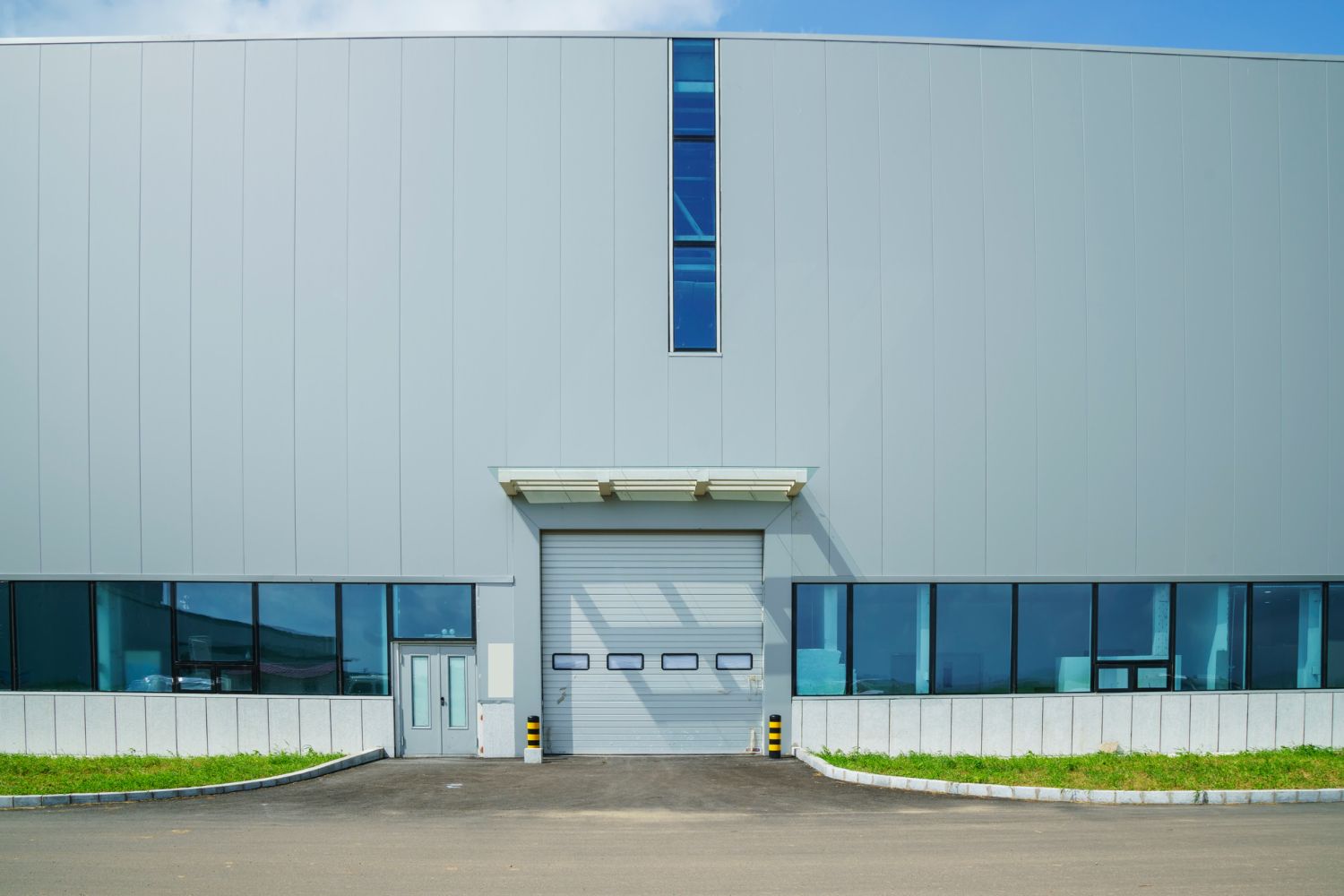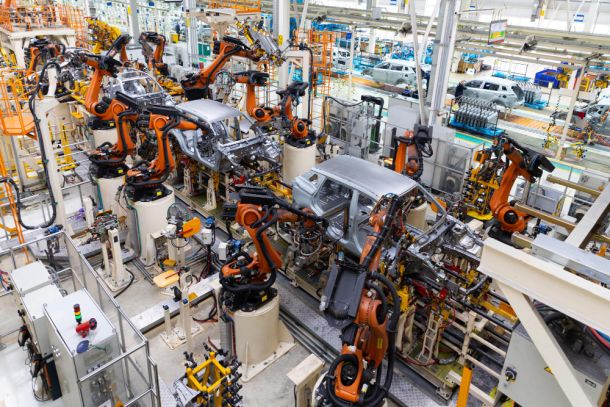Lean Six Sigma and The Specific Cases of Smart Cities
Lean Six Sigma is a methodology that combines 2 different approaches: Lean Manufacturing and Six Sigma. Lean Manufacturing is a process improvement methodology that focuses on identifying and eliminating waste, while Six Sigma is a statistical approach that focuses on reducing defects and improving quality. Together, Lean Six Sigma provides a comprehensive approach to process improvement by reducing variation, eliminating waste, and improving quality.
Meanwhile, Smart cities are an emerging concept that involves using technology and data to improve the efficiency and sustainability of urban areas. The idea is to use data and analytics to optimize various aspects of city life, such as transportation, energy usage, and waste management. Smart cities are often seen as a way to address the challenges facing urban areas, such as congestion, pollution, and resource constraints.
The application of Lean Six Sigma in the context of smart cities can be particularly challenging due to the complexity of the systems involved. Smart cities are characterized by a high degree of interconnectivity between various systems, such as transportation, energy, and water management. Additionally, the large volume of data generated by these systems can be difficult to manage and analyze effectively.
One potential approach to applying Lean Six Sigma in the context of smart cities is to focus on specific subsystems or processes within the larger system. For example, a Lean Six Sigma project could be launched to optimize the use of energy in a particular building or to reduce congestion on a particular road.
Another potential approach is to use Lean Six Sigma tools and techniques to improve the overall governance and management of smart cities. For example, Lean Six Sigma could be used to identify and eliminate inefficiencies in the procurement process for smart city technologies, or to improve the overall coordination between different departments and agencies involved in smart city initiatives.
In summary, Lean Six Sigma can be a useful tool for improving the efficiency and effectiveness of smart city systems and processes. However, the unique challenges of smart cities, such as the complexity and interconnectedness of the systems involved, require careful planning and execution to ensure that Lean Six Sigma methodologies are applied appropriately.
The Specific Cases of Smart Cities 5 examples
Barcelona, Spain
Barcelona is known as one of the most innovative and technologically advanced cities in the world, and it has been at the forefront of the smart city movement for several years. The city has implemented a wide range of smart city initiatives aimed at improving the quality of life for its residents while reducing its environmental impact.
One of the most significant smart city initiatives in Barcelona is the implementation of a smart lighting system. The system uses sensors to detect when streets are empty and adjusts the lighting accordingly, which has led to significant energy savings and reduced light pollution. In addition to the lighting system, Barcelona has also implemented a smart irrigation system that uses sensors to detect when plants need water and automatically waters them, reducing water waste.
Another key initiative in Barcelona is the implementation of a smart waste management system. The system uses sensors to detect when trash cans are full and automatically schedules pick-up times, improving efficiency and reducing the environmental impact of waste management. In addition to waste management, Barcelona has also implemented a smart parking system that allows drivers to find available parking spots quickly and easily, reducing traffic congestion.
Barcelona has also been a leader in the development of smart city technologies aimed at improving public transportation. The city has implemented a smart bus system that uses real-time data to optimize routes and reduce travel times. Additionally, Barcelona has also launched a bike-sharing program that allows residents and visitors to easily rent bicycles and explore the city in a more sustainable way.
Plus, Barcelona has implemented a smart city platform that integrates data from various sources, including transportation, energy, and environmental sensors. This platform allows the city to optimize various systems in real-time, leading to significant efficiency improvements and cost savings. Overall, Barcelona's smart city initiatives have made the city a more livable and sustainable place, and serve as a model for other cities around the world to follow.
Singapore
Singapore is one of the world's leading smart cities and has implemented a wide range of initiatives to improve the quality of life for its residents while reducing its environmental impact. The city-state has invested heavily in smart transportation, energy management, and public services, making it a model for other cities looking to implement smart city solutions.
One of Singapore's most successful smart city initiatives is its comprehensive transportation system. The system includes real-time traffic monitoring, dynamic pricing for parking, and a fleet of autonomous buses. The city has also implemented a smart traffic management system that uses sensors and cameras to optimize traffic flow and reduce congestion, making it easier and faster for residents to move around the city.
In addition to transportation, Singapore has also implemented several smart energy management initiatives. The city has launched a smart grid that uses sensors and analytics to optimize energy usage and reduce waste, and it has implemented a smart lighting system that uses LED lights and motion sensors in order to reduce energy consumption. Singapore has also implemented a smart water management system that uses sensors and analytics to optimize water usage and reduce waste.
Singapore has also been a leader in the implementation of smart public services. The city has launched a smart healthcare system that uses data analytics and telemedicine to improve healthcare access and reduce costs. Additionally, Singapore has implemented a smart education system that uses data analytics and personalized learning to improve educational outcomes for students.
Finally, Singapore has implemented a smart city platform that integrates data from various sources, including transportation, energy, and public services. The platform allows the city to optimize various systems in real-time and provides valuable insights to city planners and decision-makers. Overall, Singapore's smart city initiatives have made the city a more livable and sustainable place and serve as a model for other cities around the world.
Amsterdam, Netherlands
Amsterdam is a leading smart city and has implemented a range of initiatives to improve the quality of life for its residents while reducing its environmental impact. The city has invested heavily in smart waste management, sustainable mobility, and energy efficiency, making it a model for other cities looking to implement smart city solutions.
One of Amsterdam's most successful smart city initiatives is its smart waste management system. The city has installed sensors in trash cans that detect when they are full and automatically schedule pick-up times. This has led to significant efficiency improvements and reduced the environmental impact of waste management.

In addition to waste management, Amsterdam has also implemented several initiatives to promote sustainable mobility. The city has implemented a bike-sharing program that allows residents and visitors to easily rent bicycles and explore the city in a more sustainable way. Amsterdam has also implemented a smart parking system that uses sensors to detect available parking spaces and guides drivers to them, reducing traffic congestion.
Amsterdam has also been a leader in the implementation of smart energy efficiency initiatives. The city has launched a smart grid that uses sensors and analytics to optimize energy usage and reduce waste, and it has implemented a smart lighting system that uses LED lights and motion sensors that can reduce energy consumption. Additionally, Amsterdam has implemented a smart building program that encourages the use of energy-efficient building materials and designs.
Amsterdam has also implemented a smart city platform that integrates data from various sources, including transportation, energy, and waste management systems. The platform allows the city to optimize various systems in real-time and provides valuable insights to city planners and decision-makers. Overall, Amsterdam's smart city initiatives have made the city a more livable and sustainable place and serve as a model for other cities around the world.
Songdo, South Korea
Songdo is a planned smart city located in South Korea and is one of the most ambitious smart city projects in the world. The city has been designed to be highly sustainable and energy-efficient, and it has implemented a range of smart city initiatives to improve the quality of life for its residents.
One of the key initiatives in Songdo is its smart transportation system. The city has implemented a network of autonomous shuttles that use real-time data to optimize routes and reduce travel times. The shuttles are also equipped with sensors and cameras that detect traffic and road conditions, making them safer and more efficient than traditional vehicles.
In addition to transportation, Songdo has also implemented several smart energy initiatives. The city has launched a smart grid that uses sensors and analytics to optimize energy usage and reduce waste, and it has implemented a smart building program that encourages the use of energy-efficient building materials and designs.
Another key initiative in Songdo is its smart healthcare system. The city has implemented a network of clinics and hospitals that use data analytics and telemedicine to improve healthcare access and reduce costs. Additionally, Songdo has implemented a smart education system that uses data analytics and personalized learning to improve educational outcomes for students.
Songdo has also implemented a smart city platform that integrates data from various sources, including transportation, energy, healthcare, and education. The platform allows the city to optimize various systems in real-time and provides valuable insights to city planners and decision-makers.
Overall, Songdo's smart city initiatives have made the city a highly sustainable and efficient place to live, work, and play. The city serves as a model for other cities around the world looking to implement smart city solutions.
Copenhagen, Denmark
Copenhagen is a leading smart city and has implemented a range of initiatives to improve the quality of life for its residents while reducing its environmental impact. The city has invested heavily in smart transportation, sustainable energy, and green spaces, making it a model for other cities looking to implement smart city solutions.
One of Copenhagen's most successful smart city initiatives is its comprehensive transportation system. The city has implemented a network of bike lanes and bike-sharing programs that encourage sustainable mobility and reduce traffic congestion. Copenhagen has also implemented a smart traffic management system that uses sensors and analytics to optimize traffic flow and reduce congestion, making it easier and faster for residents to move around the city.

In addition to transportation, Copenhagen has also implemented several initiatives to promote sustainable energy. The city has launched a smart grid that uses sensors and analytics to optimize energy usage and reduce waste, and it has implemented a smart lighting system that uses LED lights and motion sensors which help to reduce energy consumption. Copenhagen has also implemented a district heating system that uses renewable energy sources, such as waste heat from power plants, to provide heat and hot water to buildings in the city.
Copenhagen has also been a leader in the implementation of smart green spaces initiatives. The city has implemented a smart park system that uses sensors and analytics to optimize irrigation, reduce water waste, and improve the health of plants and trees. Additionally, Copenhagen has implemented a smart urban farming system that encourages residents to grow their own food and reduces the environmental impact of food production and transportation.
Moreover, Copenhagen has implemented a smart city platform that integrates data from various sources, including transportation, energy, and green spaces. The platform allows the city to optimize various systems in real-time and provides valuable insights to city planners and decision-makers. Overall, Copenhagen's smart city initiatives have made the city a more livable and sustainable place and serve as a model for other cities around the world.












